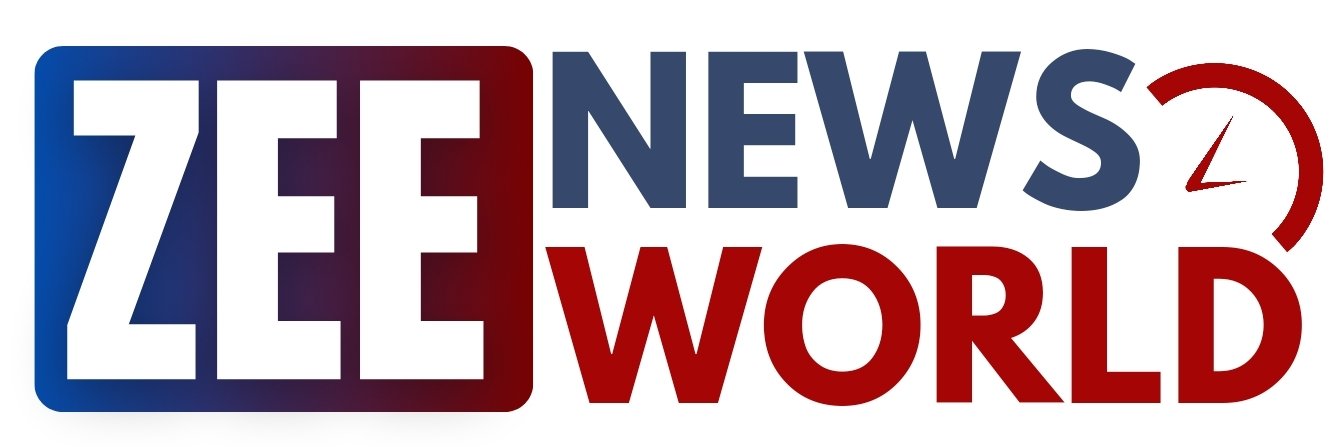How Trade Credit Risk Is Quietly Straining India’s Healthcare Supply Chain
By Mannuri Vamshi Krishna The pharmaceutical sector of India is acclaimed globally for its size, its innovation, and its world presence. Projecting the industry to reach 130 billion dollars in 2030 and a phenomenal 450 billion in 2047 is one way of staying optimistic. However, beneath this robust surface lies a quiet but critical challenge that continues to compromise the efficiency and equity of medicine distribution. Trade credit risk, generally overlooked in conventional discourse, is an unobservable disruptor that undermines the overall financial well-being of the entire supply chain. The problem is not one of inventory or infrastructure only. Instead, it's in the manner in which credit is extended, paid, and frequently defaulted upon in an ecosystem of more assumptions and relationships than confirmed facts. For an industry so critical to public health, such systemic risk requires immediate attention. Credit Without Clarity The pharmaceutical supply chain is long and multi-tiered. From manufacturers to retailers, all parties heavily depend on delayed payments and off-the-book credit agreements. In the ideal situation, a system of data-driven decision-making all too often it becomes a crapshoot based on word of mouth, reputation, or proximity. Practically speaking, this results in distributors granting large credit to retailers with little to no objective knowledge of their payment habits. When payments are late or missed, the consequences move both upstream and downstream. Distributors withhold stock, manufacturers are reluctant to ship inventory, and retailers cannot keep stock levels consistent. The supply chain does not merely slow down. It breaks down. This lack of trust creates a risk-averse culture where companies are reluctant to venture into new areas, slowing growth and innovation. For an industry that is expecting revenue growth of nine to eleven per cent in FY25, the inefficiency of informal credit is more than a nuisance. It is a severe limitation on its development. No Score to Settle In contrast to the consumer finance market, which is facilitated by credit scores and electronic verification systems, the business-to-business pharmaceutical trade is still opaque. There is no formal system to assess the creditworthiness of a new customer. No common database monitors payment behaviour or notifies stakeholders of defaults. The consequence is a vicious cycle of risk-averse lending, hoarding behaviour, and restricted trade. Companies that can potentially be dependable are simply excluded from credit opportunities because they don't have a history with the in-question distributor. Others abuse what perceived credibility they have, which sets up a vicious cycle of non-payment and distrust. That lack of transparency discourages appropriate pricing, blocks access to essential medicines in neglected regions, and hinders small players' ability to scale up. In an industry so vital to foreign investment and public health, the lack of financial transparency is not only damaging to the bottom line. It erodes the moral obligation of the timely provision of healthcare. Constructing Financial Integrity If India is to become a pharmaceutical superpower, it needs to reconsider the way it views financial trust in the health trade. A standardised and transparent approach to evaluating trade credit risk is not an indulgence. It's a requirement. Credit assessment systems have to be embedded in enterprise resource systems, where electronic payment records are employed to identify trends and inform lending choices. Financial responsibility has to be promoted right through the supply chain to engender confidence and discipline. An environment built on informed decisions rather than speculation can unlock new growth corridors and improve the accessibility of essential medicines. (The author is the Founder & CEO of MedScore) Disclaimer: The opinions, beliefs, and views expressed by the various authors and forum participants on this website are personal and do not reflect the opinions, beliefs, and views of ABP Network Pvt. Ltd.

By Mannuri Vamshi Krishna
The pharmaceutical sector of India is acclaimed globally for its size, its innovation, and its world presence. Projecting the industry to reach 130 billion dollars in 2030 and a phenomenal 450 billion in 2047 is one way of staying optimistic. However, beneath this robust surface lies a quiet but critical challenge that continues to compromise the efficiency and equity of medicine distribution.
Trade credit risk, generally overlooked in conventional discourse, is an unobservable disruptor that undermines the overall financial well-being of the entire supply chain.
The problem is not one of inventory or infrastructure only. Instead, it's in the manner in which credit is extended, paid, and frequently defaulted upon in an ecosystem of more assumptions and relationships than confirmed facts. For an industry so critical to public health, such systemic risk requires immediate attention.
Credit Without Clarity
The pharmaceutical supply chain is long and multi-tiered. From manufacturers to retailers, all parties heavily depend on delayed payments and off-the-book credit agreements. In the ideal situation, a system of data-driven decision-making all too often it becomes a crapshoot based on word of mouth, reputation, or proximity.
Practically speaking, this results in distributors granting large credit to retailers with little to no objective knowledge of their payment habits. When payments are late or missed, the consequences move both upstream and downstream. Distributors withhold stock, manufacturers are reluctant to ship inventory, and retailers cannot keep stock levels consistent. The supply chain does not merely slow down. It breaks down.
This lack of trust creates a risk-averse culture where companies are reluctant to venture into new areas, slowing growth and innovation. For an industry that is expecting revenue growth of nine to eleven per cent in FY25, the inefficiency of informal credit is more than a nuisance. It is a severe limitation on its development.
No Score to Settle
In contrast to the consumer finance market, which is facilitated by credit scores and electronic verification systems, the business-to-business pharmaceutical trade is still opaque. There is no formal system to assess the creditworthiness of a new customer. No common database monitors payment behaviour or notifies stakeholders of defaults. The consequence is a vicious cycle of risk-averse lending, hoarding behaviour, and restricted trade.
Companies that can potentially be dependable are simply excluded from credit opportunities because they don't have a history with the in-question distributor. Others abuse what perceived credibility they have, which sets up a vicious cycle of non-payment and distrust. That lack of transparency discourages appropriate pricing, blocks access to essential medicines in neglected regions, and hinders small players' ability to scale up.
In an industry so vital to foreign investment and public health, the lack of financial transparency is not only damaging to the bottom line. It erodes the moral obligation of the timely provision of healthcare.
Constructing Financial Integrity
If India is to become a pharmaceutical superpower, it needs to reconsider the way it views financial trust in the health trade. A standardised and transparent approach to evaluating trade credit risk is not an indulgence. It's a requirement.
Credit assessment systems have to be embedded in enterprise resource systems, where electronic payment records are employed to identify trends and inform lending choices. Financial responsibility has to be promoted right through the supply chain to engender confidence and discipline.
An environment built on informed decisions rather than speculation can unlock new growth corridors and improve the accessibility of essential medicines.
(The author is the Founder & CEO of MedScore)
Disclaimer: The opinions, beliefs, and views expressed by the various authors and forum participants on this website are personal and do not reflect the opinions, beliefs, and views of ABP Network Pvt. Ltd.
What's Your Reaction?

















































